In this blog post, experienced social studies classroom teacher and current lecturer with McGill University’s Faculty of Education, Dr. Kimberly Bartlett, shares how she prepares student teachers to navigate contentious issues.
Preparing Student Teachers for Difficult Conversations
Posted by Dr. Kimberly Bartlett on February 17, 2026
From Minefield to Meeting Ground: Navigating Crucial Conversations in Social Studies
Posted by Jen Williams on February 10, 2026
I remember a moment 15 years ago when I thought there would be few opportunities to debate controversial topics in my class because the world seemed to be more and more accepting of different perspectives and lifestyles. How these facts have changed.
In this breathtaking storytelling, occasional English secondary teacher Val Carnaghan takes readers into her class to experience a captivating moment of poetry, connection, insight and magic. Take a moment to listen to The Rungs, and then read on. This post will have you intrigued to try the ideas, and watch the magic unfold for yourself.
Building a Safe Space: Relationships as a Foundation for Reconciliation
Posted by Cheryl Payne on November 26, 2025
As educators, we understand that learning goes beyond the curriculum. It's about creating a safe, respectful, and inclusive environment where students can bring their full selves and be respected and valued by everyone. In English courses like Contemporary First Nations, Inuit, and Métis Voices, we ask students to engage with difficult truths and stories that can carry significant emotional, cultural, and intergenerational weight.
Topics: ELA, Indigenous, English Classroom, A View from the Classroom
Preparing to Bring the World into the Classroom with Safety, Care, Empathy and Understanding
Posted by Heidi Crowley on September 17, 2025
This September I returned to the classroom after a leave and for the first time in my two decades of teaching, I worried I did not have one essential educational tool I had always taken for granted: hope. I had it on a personal scale, for myself, my family, my school community and students; however I did not have it in any abundance for the world at large.
Topics: Safe Schools, School Culture, A View from the Classroom, difficult conversations
Three Tips for Starting the School Year with Community and Connection
Posted by Lindsay Hutchison on August 27, 2025
"Over the years, I have learned – and had students tell me – how uncomfortable the first day and week of school are," observes Facing History and Ourselves (Canada) Teacher Fellow, and B.C. high school teacher Lindsay Hutchison. If this feels familiar, read on to see how Lindsay helps students ease in to the school year and how she builds trust and relationships for teaching and learning.
Topics: Classrooms, Breaking the Ice, A View from the Classroom
It’s not about what you do on the day of National Truth and Reconciliation, it’s about all that you have done leading up to the day, all the research, all the reading and learning. The discussions and discovering of TRUTHs about this country’s history. The day you put on that orange shirt is the day you acknowledge that you have listened and learned.
Topics: Teaching Resources, Learning, Truth and Reconciliation, Orange Shirt Day
"As Rabbi Jonathan Sacks has written, there is a difference between history and memory: “History is information. Memory, by contrast, is part of identity… Memory is the past as present, as it lives on in me.” Survivors, witnesses, the descendants of those who lived through [histories], and all those who learn about [these histories] today face the question of how to remember the past and how that memory might shape our understanding of ourselves and our present world" (Holocaust and Human Behavior, Facing History and Ourselves, 2017. p. 598).
In his testimony sharing,teaching and life, residential school survivor, and self-described victor, Theodore Fontaine frequently explored how memory lives on in the present: His family’s love, the horrors of residential schooling, the joys of friendship, and the healing power of connection shaped and reshaped his life, his teachings and his works. In so sharing, those who listened became witnesses to his experiences, and many were transformed as a result.
The following interviews build on our event, Learning from Theodore Fontaine: A Call for Lasting Change, and draw on the voices of additional friends and colleagues whose life and work act as living examples of Theodore’s teachings, his legacy and calls to action. We hope that these interviews will prompt deeper learning from Theodore and inspire readers to consider how his testimony and legacies might shape our understanding of ourselves and the choices we make.
To watch his recorded testimony, please check out our blog, Honouring and Remembering Chief Theodore Niizhotay Fontaine.
As you read these interviews:
- What insights do you gain about Theodore’s legacy and his hopes for the future?
- What questions do the interview responses raise for you about yourself or the world around you?
- How do the responses extend or challenge your thinking about the possibilities for living with trauma, hope and healing?
- How are you reflecting on the possibilities for healing, hope and courage after trauma, as you read these reflections?
|
For Ted, real reconciliation came through everyday acts of generosity and kindness. Our breakfast meetings were often punctuated by Ted recognizing passers-by and stopping them for a quick hello and always a joke... He connected, related, and celebrated their shared existence, and thereby cultivated knowledge and nurtured learning..." - Andrew Woolford |
Topics: Survivor Testimony, Canada, Residential Schools, Canadian History, Indigenous History, Indigenous, stolen lives, student activism, Action
How do we teach Chinese-Canadian Narratives in Classrooms? (Part II)
Posted by Timothy J. Stanley on April 23, 2024
How can educators approach the integration of diverse and underrepresented Chinese Canadian narratives in ways that go beyond checking identity inclusion boxes or relying on deficit narratives and stories of victimization? We invited antiracism researcher, educator and historian of Chinese in Canada, Timothy J. Stanley, Emeritus Professor at the University of Ottawa’s Faculty of Education, to work with us to lay out foundational understandings that can help us approach the inclusion of Chinese Canadian narratives in classrooms through an antiracist lens.
How do we teach Chinese Canadian Narratives in Classrooms? (Part I)
Posted by Timothy J. Stanley on April 16, 2024
In this blog post you will find practical ideas, gain key understandings and uncover fascinating histories that will inform and enhance your capacity to teach Chinese Canadian narratives through an anti-racist approach in this two-part blog series by researcher, educator and historian of Chinese people in Canada, Timothy J. Stanley

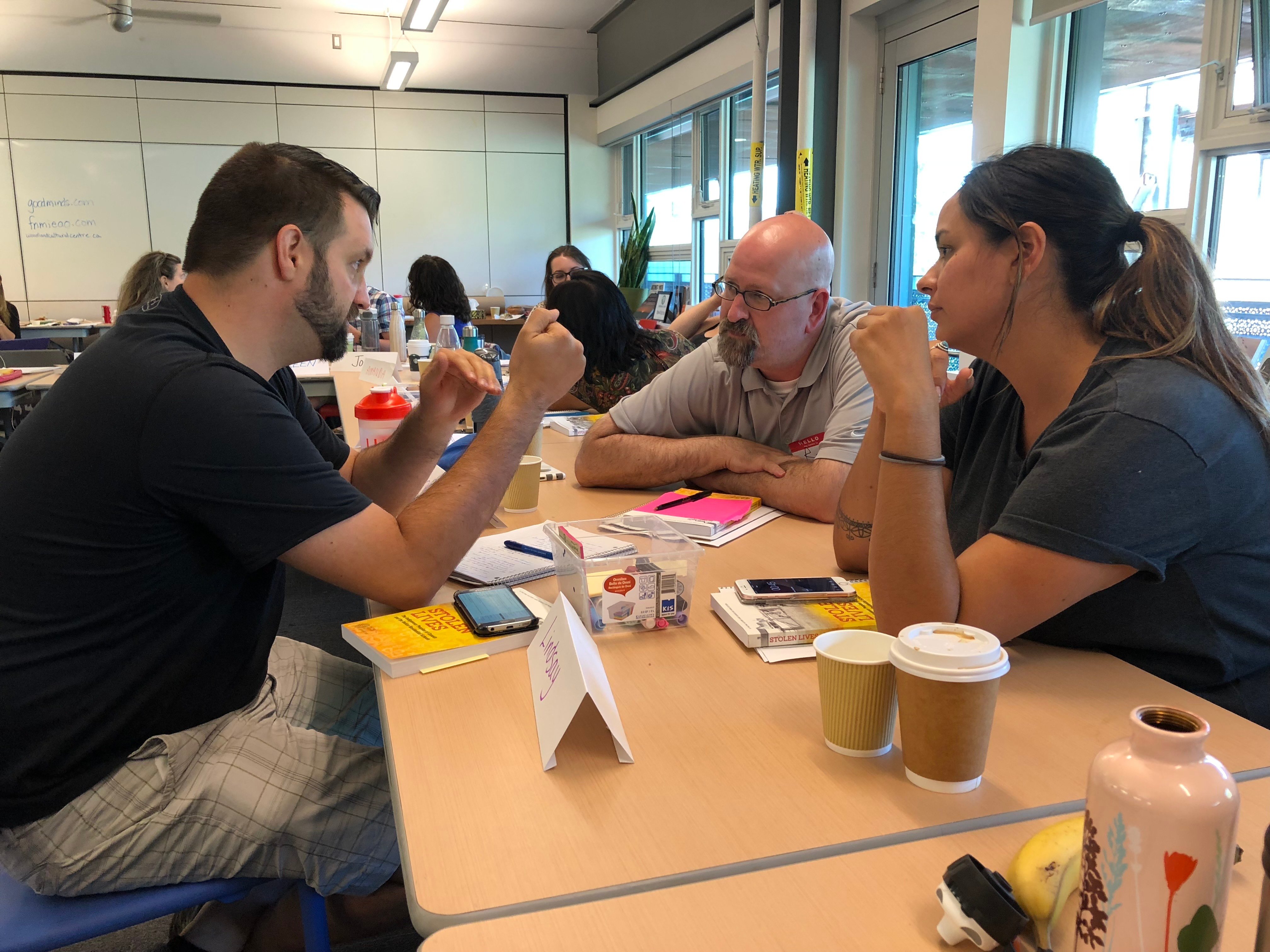
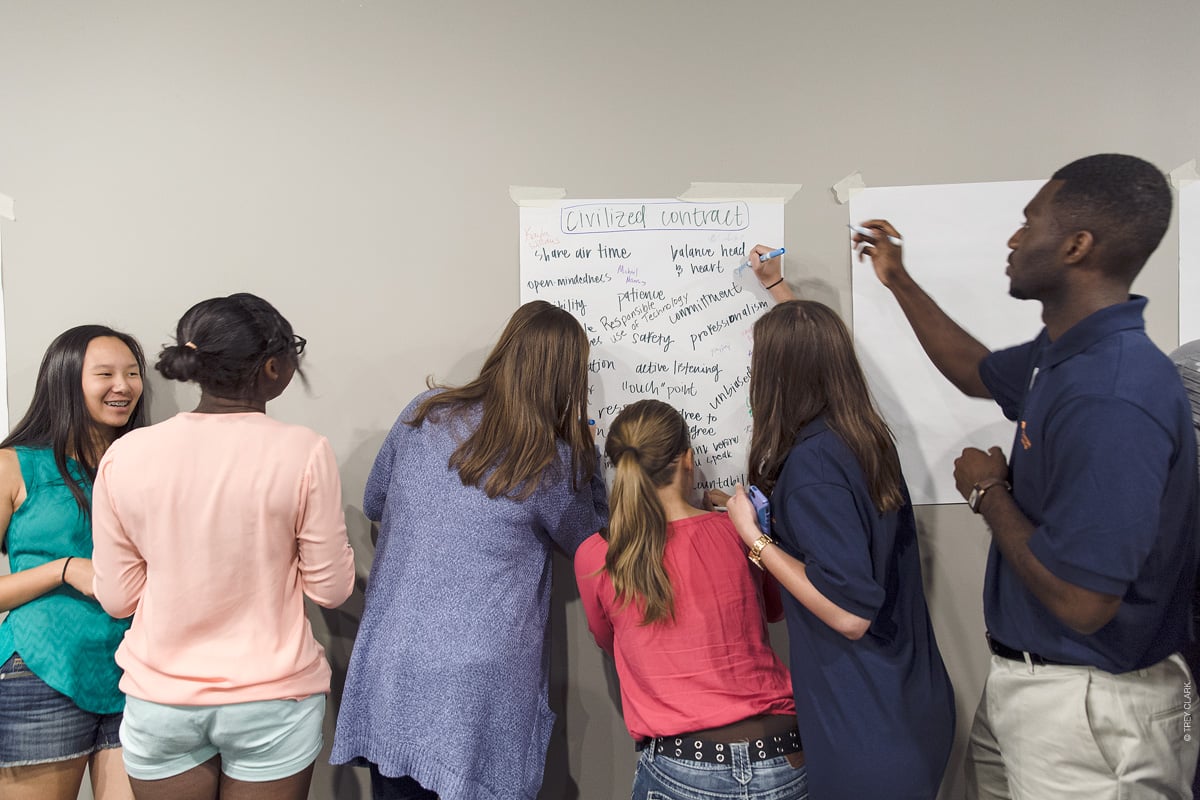
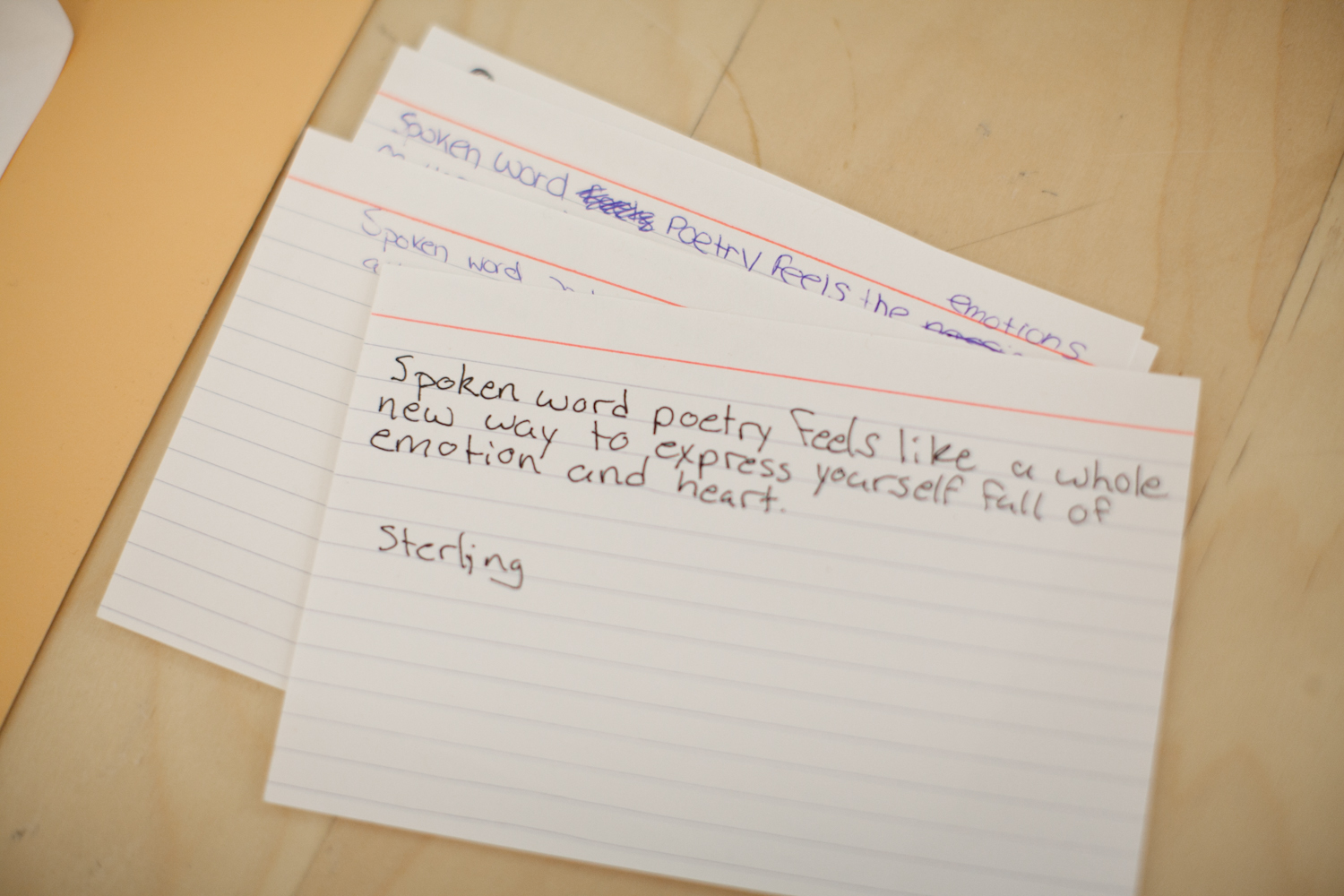
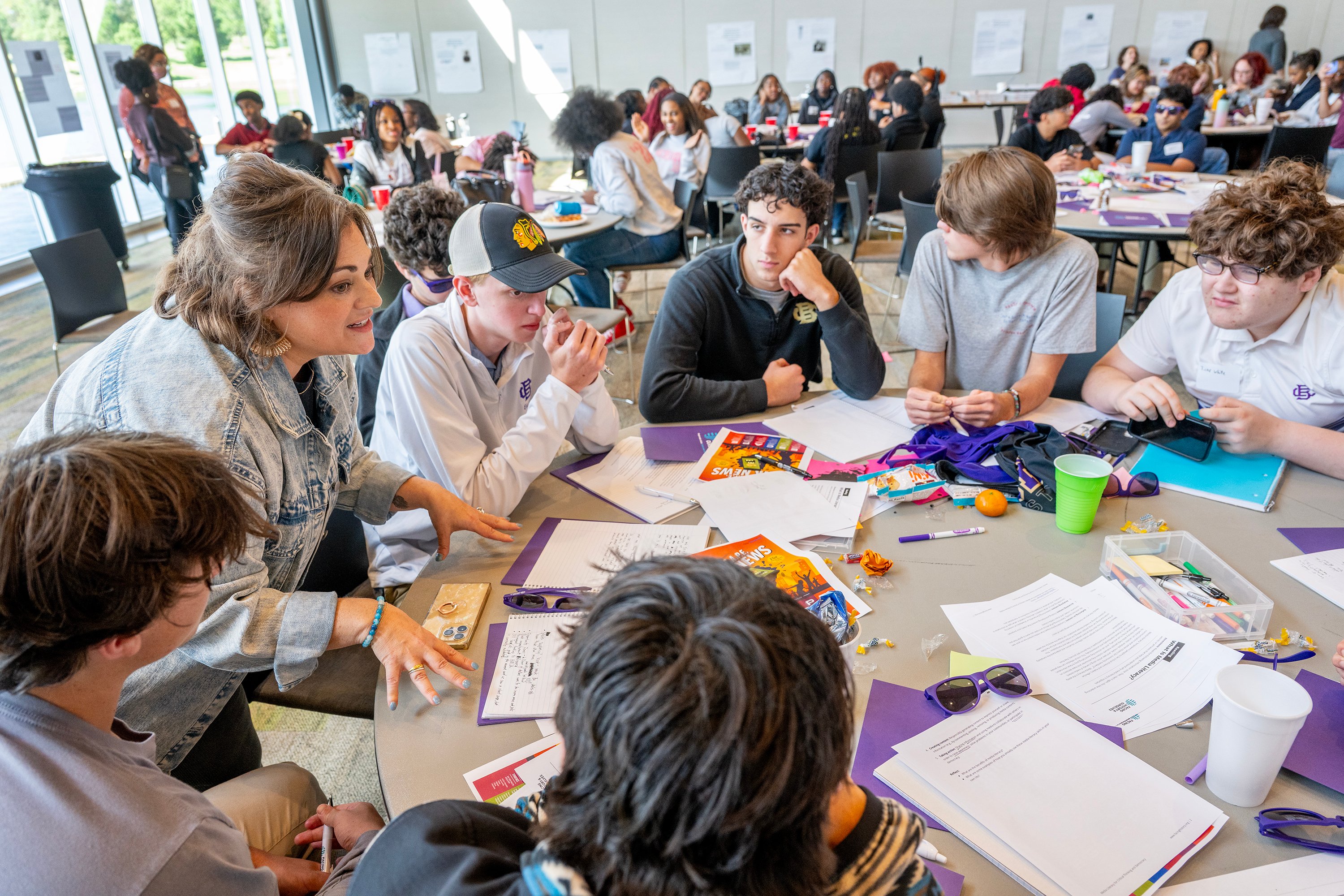

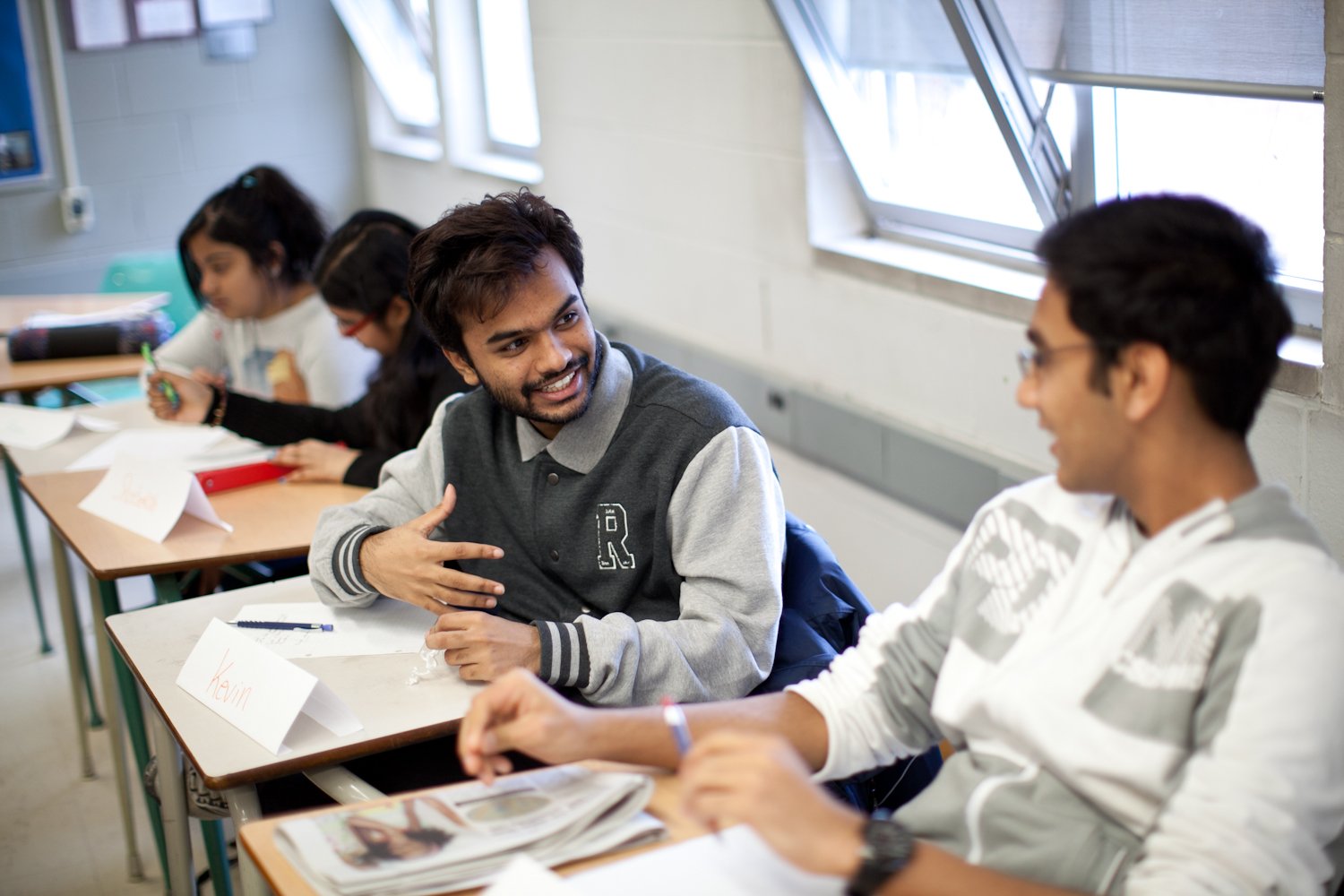
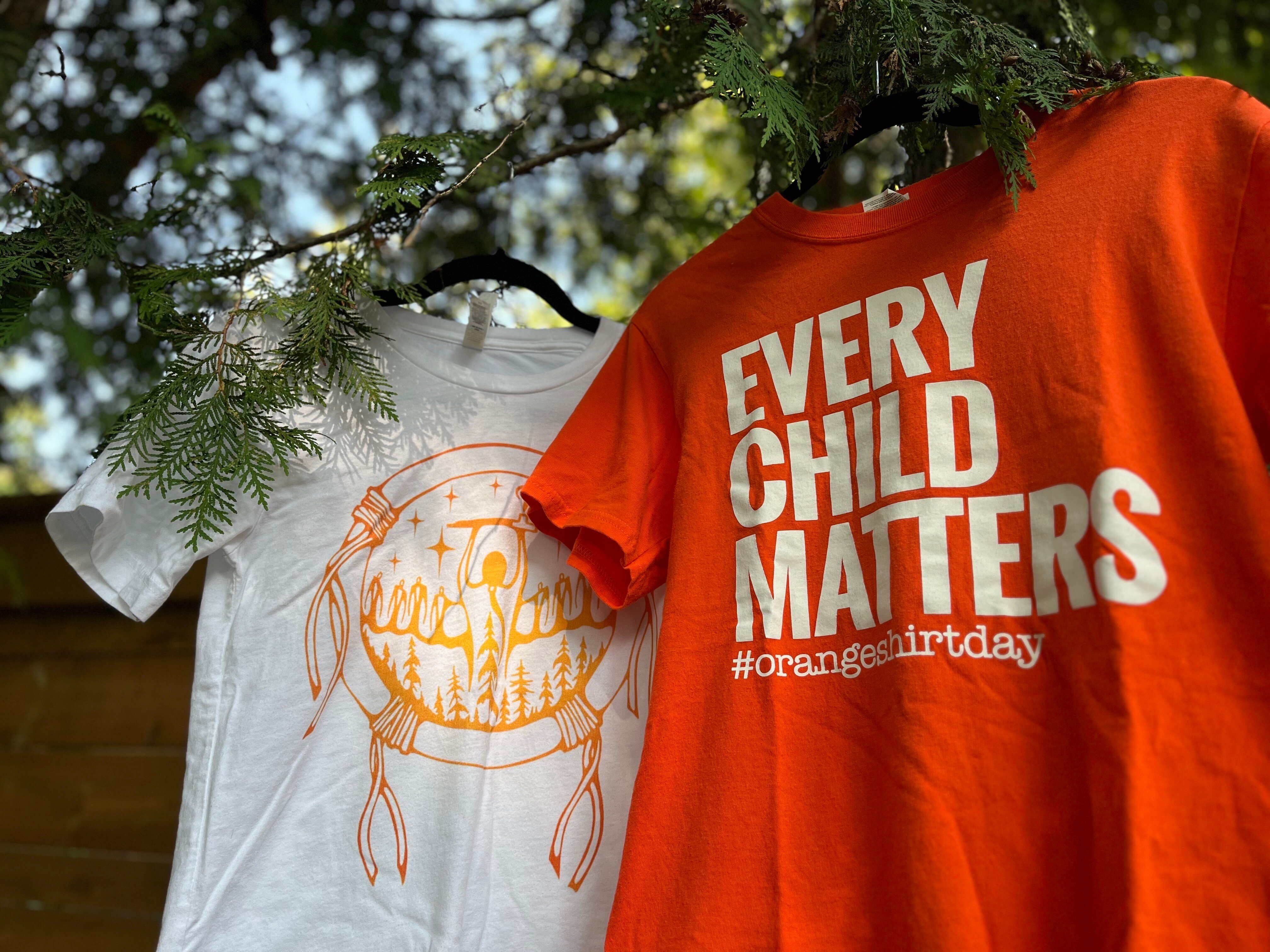
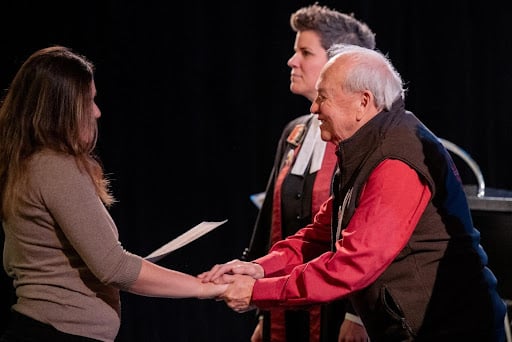
-1.png)
-2.png)